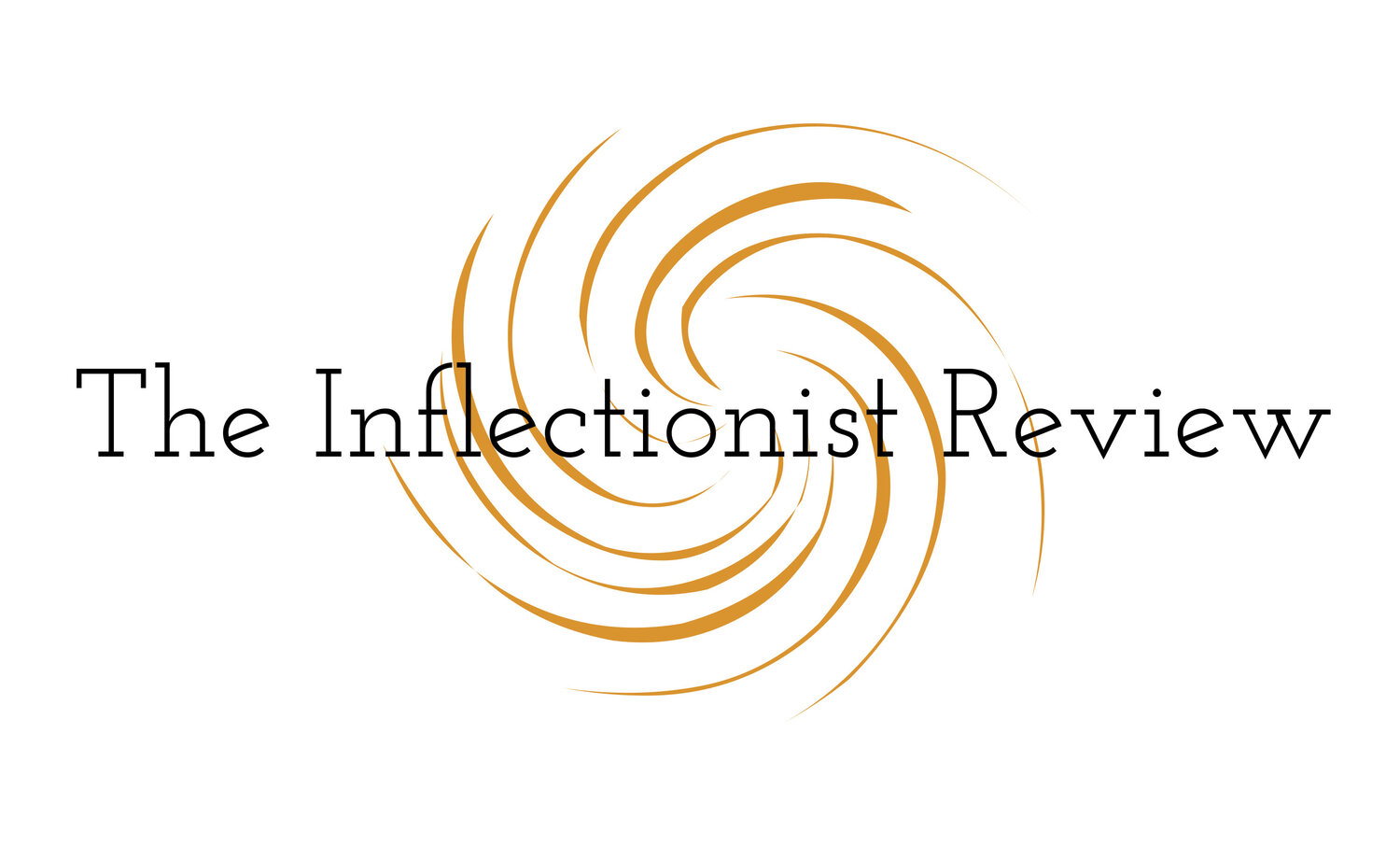Marcy Rae Henry reviews 09/09
by Naoko Fujimoto
09/09
by Naoko Fujimoto
Veliz Books
2024
Paperback, 21 pages
$6
In 09/09 Naoko Fujimoto chooses to present works by nine influential female poets from the 7th-12th century Japan. And she chooses wisely. These pieces are written in the syllabic waka form: 5-7-5-7-7. Undeniably, the translation of art is an art in itself. In poetry, what to stay loyal to—rhyme, rhythm, form, format? How to choose between literal translation and symbolism? When to take liberties?
Instead of direct translations, Fujimoto provides context with ‘text collages,’ Haibun and personal essays about how she originally encountered each of the poets as a student in Japan. As a result, these pieces complement each other to ensure the original pieces are dynamic, ever-changing and relevant to a contemporary audience hundreds of years after they were composed.
We learn as much about poets from an epoch when women’s literature thrived in Japan as we do about the poet who chose to respond to them. Where there is space in the word collages, and the focus is as much about what is not said as what is said, the essays provide explicit and engaging narratives.
Particularly intriguing are the pieces in the collection that shed light on death, love and dying from the perspective of someone who identifies as female and yet breaks the rules imposed upon them as such.
Izumi Shikibu says, “Death is closer than you think.”
And repeats, “I will leave this world before long…”
invoking a relatable longing:
“Meet me once more,
For the last time.”
When Fujimoto explains that Shikibu is using language reserved for men, she celebrates not only a form of poetic license but the ways in which feminist poetry has historically challenged expectations of language and gender. Fujimoto takes this challenge personally, admitting to writing a henka—a poem responding to one received—to a girl she wasn’t truly interested in, under the guises of a young boy. She starts to understand the distance provided by creating a narrator.
With Ukon’s work, Fujimoto explores the marital status of a second wife, “Dear Gods, …I am leaving. It is best for everyone. Listen to our vow,” and the noroi practice of using words and paper, water and needles to curse those who break their promises. But is cursing someone superstition or asking intervention from God? Fujimoto then turns to the unspoken earthly promise of attention a father gives his daughter. And of her father who is absent before he is ailing, she says, “I tossed a marble into his pocket, but he didn’t have any comments.”
She has no trouble getting and maintaining the reader’s attention. The present poet liberates the voices of past poets and, in the vein of Sei Shonogan’s These things please me, all the pieces in this collection instruct and delight.
Marcy Rae Henry is a multidisciplinary LGBTQ Xicana artist from the Borderlands. She grew up by the Fountain Creek and the Río Grande, waded in the Ganges, floated in the Dead Sea, down the Nile and the Yangtze and quarantined by the Chicago River. She is the author of We Are Primary Colors (DoubleCross Press), the body is where it all begins(forthcoming from Querencia Press), dream life of night owls (forthcoming from Open Country Press) and red delicious (forthcoming from dancing girl press) and recently won the May Sarton NH Prize for Poetry for death is a mariachi, which will be published in 2025. Her work has received a Chicago Community Arts Assistance Grant, an Illinois Arts Council Fellowship, a Pushcart nomination, and first prize in Suburbia’s Novel Excerpt Contest. MRae is a digital minimalist with no social media accounts and an associate editor for RHINO Poetry. marcyraehenry.com
Naoko Fujimoto was born and raised in Nagoya, Japan. Her poetry collections are We Face The Tremendous Meat On The Teppan (2022), winner of C&R Press Summer Tide Pool Chapbook Award, Where I Was Born (2019), winner of the editor's choice by Willow Books, Glyph:Graphic Poetry=Trans. Sensory (2021) by Tupelo Press, and four chapbooks. She is a RHINO Poetry & Tupelo Quarterly translation editor, and Working On Gallery curator. She is a Bread Loaf Translation full scholarship recipient and a 2023 Visiting Teaching Artist at the Poetry Foundation. Her full-length translation collection, Of Women, is forthcoming from Tupelo Press. For more info, please visit https://naokofujimoto.com/

